October is Breast Awareness month in South Africa – and the rest of the world. The reason we need to be made aware of it is because the likelihood of you – or someone you love – being diagnosed with breast cancer is pretty high: according to CANSA, the Cancer Association of South Africa, one in 29 women in South Africa will be diagnosed with cancer.
What is breast cancer?
Breast cancer is, obviously, a cancer of the breast, but it can begin in different areas of the breast: the ducts, the lobules, or in some rare cases, in the tissue between.
The most common type is ductal carcinoma, which starts in the lining of the milk ducts. Lobular carcinoma begins in the lobules (that is, the milk glands) of the breast.
Breast cancer can be invasive or non-invasive. If is invasive it means it has spread from the milk duct or lobule to other tissues in the breast; non-invasive breast cancer means it hasn’t yet invaded other breast tissue.
What causes breast cancer?
According to CANSA, up to 90 percent of cancers are caused by environmental factors, and “the war on cancer would be won if humans were no longer exposed to environmental carcinogens such as chemicals, viruses, bacteria [and] UV light… and maintained a healthy body weight through a balanced diet and exercise.”
There are several risk factors, however, that you cannot change:
Age and gender. Your risk of breast cancer increases as you get older, and your risk as a female is 100 times greater than that of a male.
Family history. About 20 to 30 percent of women with breast cancer have a family history of the disease.
Genes. Women with a mutation in the BRCA1 and BRCA2 genes (which usually produce proteins that suppress tumours and help repair damaged DNA) have up to an 80 percent chance of developing breast cancer. Angelina Jolie has a defective BRCA1 gene, which, her doctors told her meant she had an 87 percent chance of getting breast cancer, which is why she had a double mastectomy in an attempt to prevent developing the disease.
Menstrual cycle. Women who began menstruating before the age of 12 or who experienced menopause after age 55 have an increased risk.
Dense breast tissue. This means there is less fatty tissue and more gland tissue – and a greater risk of breast cancer. Dense breast tissue can make it more difficult for doctors to see any problems on the mammogram.
Signs and symptoms
Early breast cancer usually doesn’t have any symptoms, which is why it is so important to perform regular breast exams.
Signs of breast cancer can range from lumps to unusual swelling to changes in the skin, such as redness or puckering, and discharge. If you experience any of these, go to a health professional without delay.
Make sure you perform a breast self-exam every month and if you are over 40, or at a high risk, have a mammogram every year. The earlier the diagnosis, the better the chances of beating the disease. Treatment includes chemotherapy, radiation or surgery to remove the cancerous tissue (a lumpectomy).
Other articles you may be interested in:
How to do a breast self-examination
Breast health awareness month
Who knew men could get breast cancer?
Reader story: How I survived breast cancer
Pink products to try this October
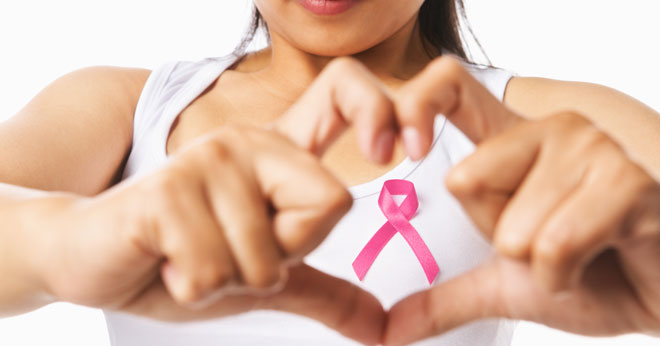
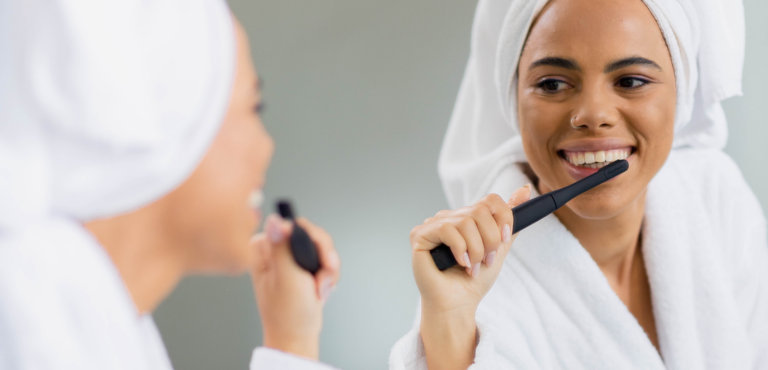
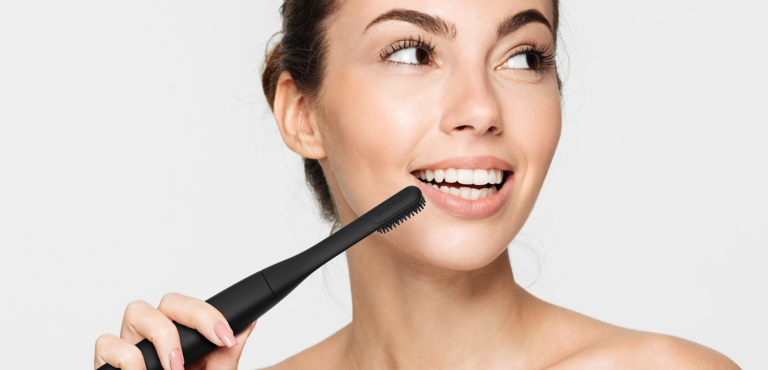
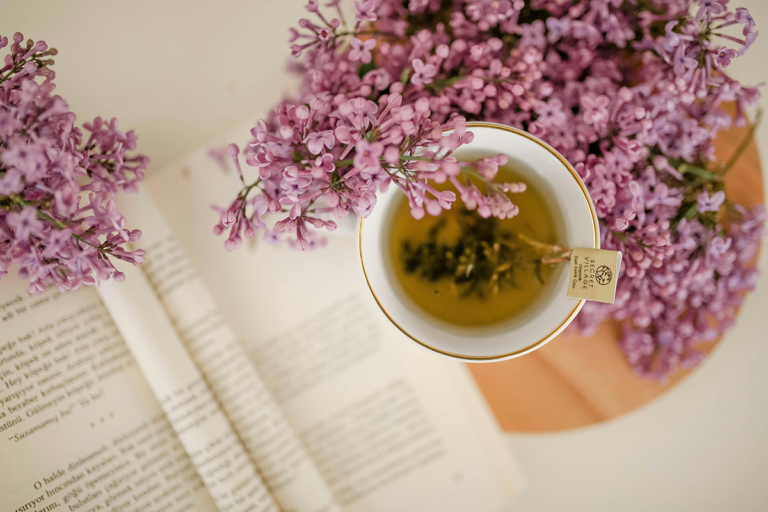
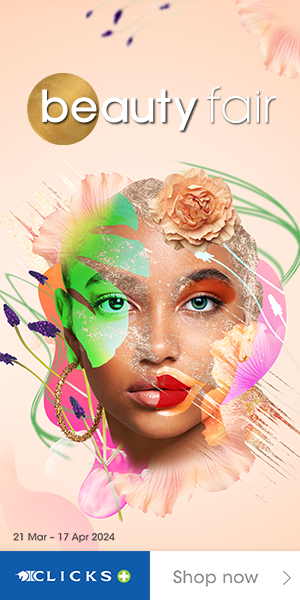


7 Responses
I agree that regular breast exams are highly important! Great article!
It’s scary, but we have to be aware of this as it can sneak up on anyone.
Great article ladies. So many women are affected with Breast cancer more and more these days.
This scares me but its good to know, my manager is a breast cancer survivor but the after effects of the chemo are not pleasant.
This is such a brilliant article. Thank you for the clear and concise explanation.
An educational read, thank you we all need to know everhting we can
Thank you for all the great articles on breast cancer awareness! Every woman should read this!